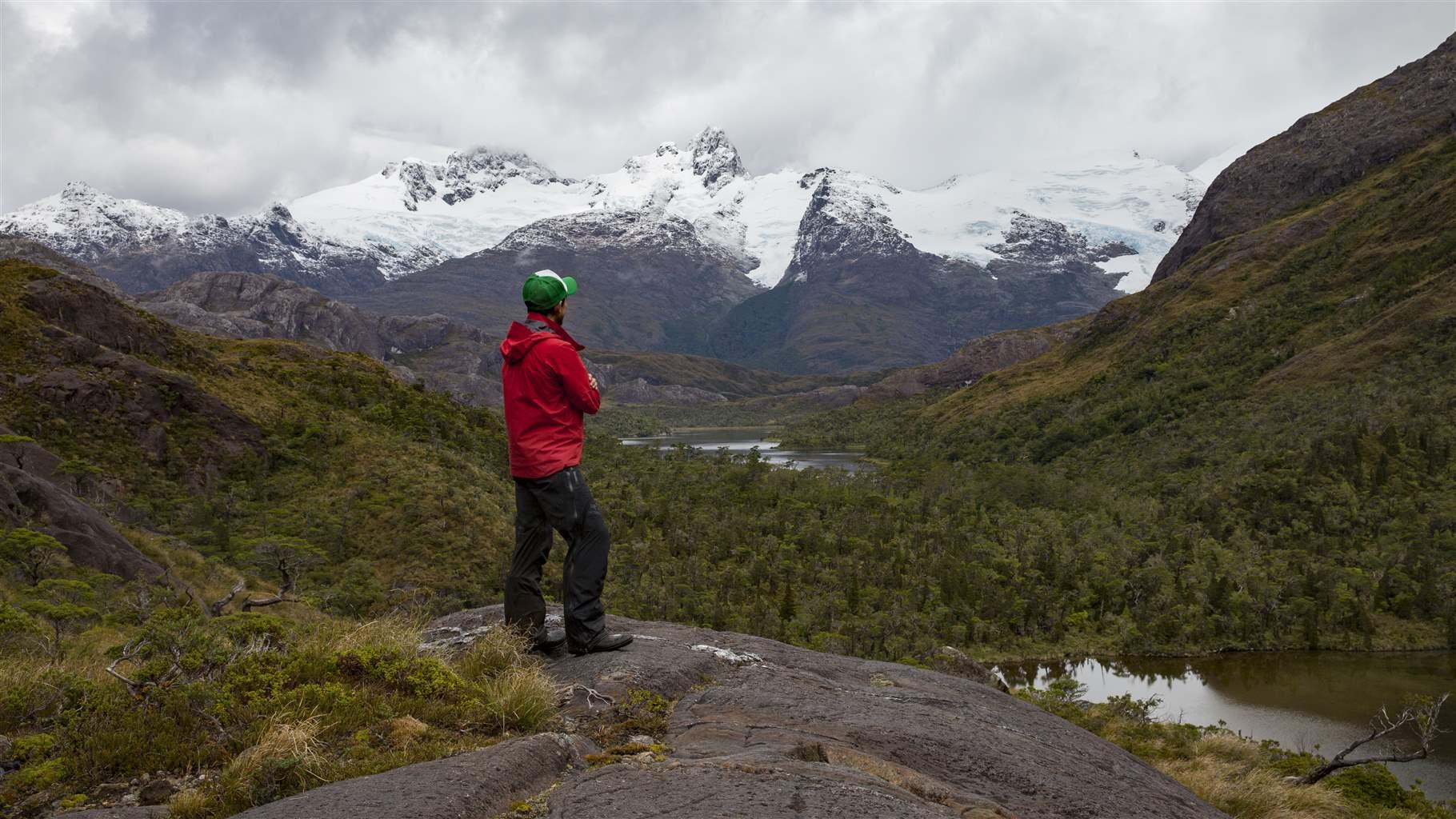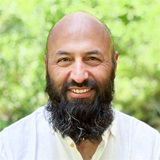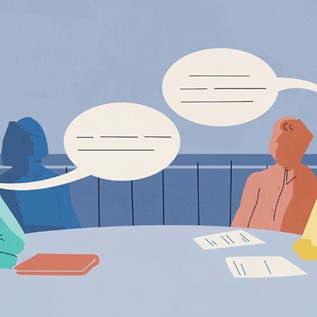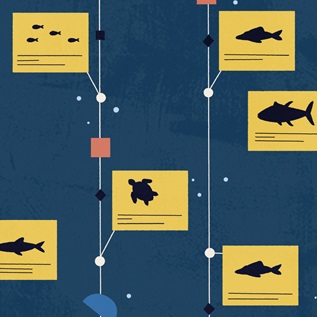In Latin America and Caribbean, a Chance To Improve Land and Ocean Protections
Regional meeting focuses on ways to balance conservation and sustainable development

Working to protect the natural world can be a lonely and isolating pursuit; conservation often focuses on specific places, many of them in remote areas, and advocacy groups frequently go about these efforts without full awareness of efforts occurring elsewhere.
Fortunately, conferences and other large gatherings can help bridge those gaps, and an important one—the Latin American and Caribbean Congress of Protected Areas—will be held Oct. 14-17 in Lima, Peru. This is the third meeting of the congress, which gathers every 10 years and is organized by the International Union for Conservation of Nature as a platform to exchange experiences from the field, academia, and public policy.
The theme of this conference, “Solutions for Welfare and Sustainable Development,” is intended to inspire participants to promote best practices in conservation and help countries use protected areas to better balance conservation and sustainable development, now and in the future. It’s also intended to promote protected areas as nature-based solutions to threats such as climate change and help participants meet their international conservation commitments.
A delegation of representatives from the Austral Patagonia program of the Universidad Austral, the Chile’s national forestry service, CONAF, and The Pew Charitable Trusts will attend the congress and present on topics including land and ocean conservation in Chilean Patagonia; collaboration among government, gateway communities, and nongovernmental organizations; and the role of park rangers in the face of new challenges and threats to protected areas. Rangers often operate as the sole representatives of the government in remote parks, and as such need skills and tools to maintain collaborative relationships with locals in the surrounding communities and serve as liaisons to administrators of the protected areas.
In addition, 20 CONAF park rangers and administrators of protected areas will attend the congress to share experiences with their peers from other Latin American nations.
Pew and its partners see public-private collaboration as essential to achieving optimal policies for the development, management, and conservation of unique and protection-worthy spaces such as Chilean Patagonia. We look forward to a constructive and productive congress in Lima.
Francisco Solís Germani directs The Pew Charitable Trusts’ work in Chile’s Patagonia region.












